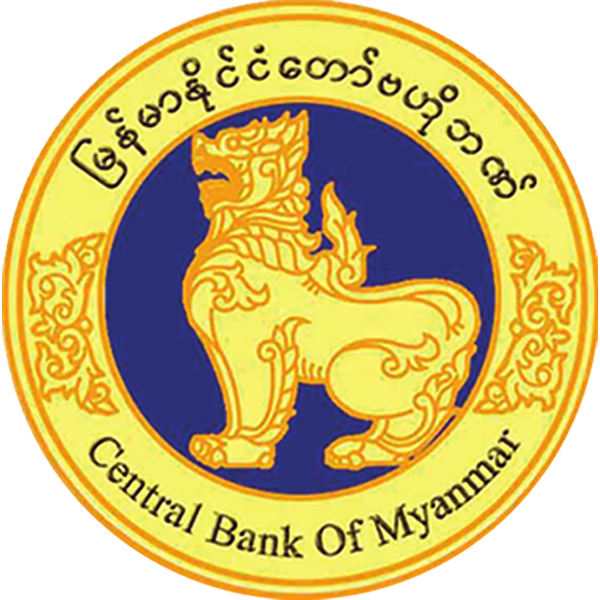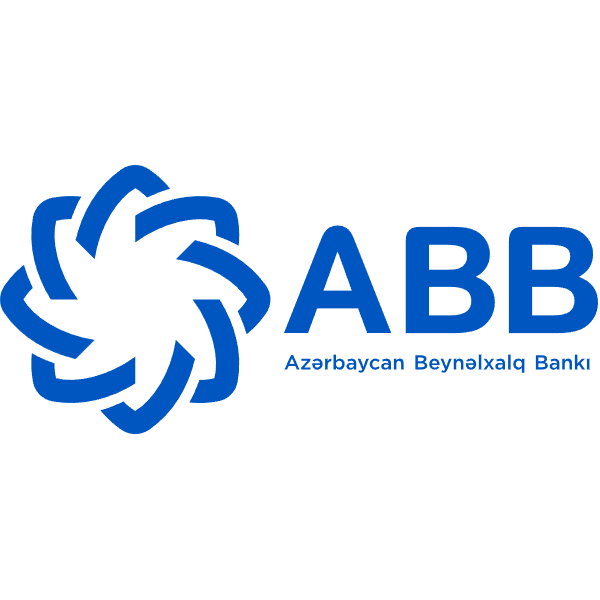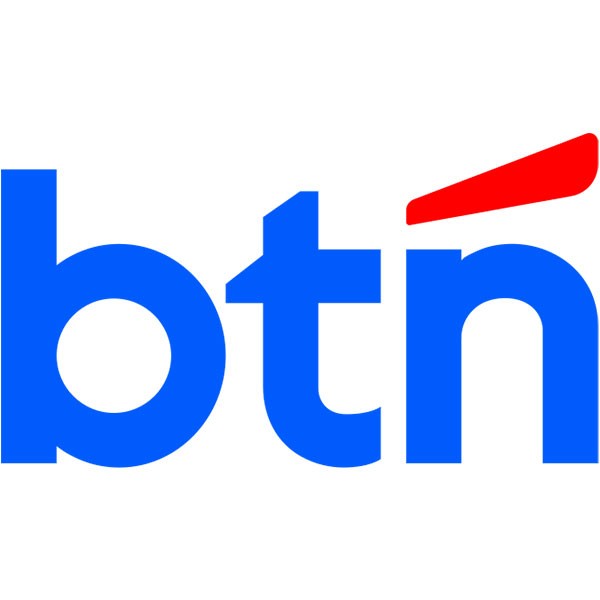The Central Bank of Myanmar is the national central bank of Myanmar, established in 1975 to support the country's financial stability, monetary policy implementation, and the healthy development of the financial system. The headquarters is located in Naypyidaw, the capital of Myanmar. As Myanmar's central bank, it is wholly owned by the government and is a state-owned financial institution whose primary responsibilities include formulating and implementing monetary policy, managing foreign exchange reserves, and ensuring the stability of the financial system. The bank is not publicly traded and remains fully controlled by the Myanmar government.
Scope of
ServicesThe Central Bank of Myanmar's business scope is mainly concentrated in Myanmar, and the bank has a number of branches across the country, especially in major cities such as Yangon and Mandalay. Although its ATM distribution is relatively small, it still has coverage in urban centers and important business districts. The Central Bank of Myanmar is still working to increase access to banking services, especially in remote areas, due to the relatively lagging financial infrastructure in Myanmar.
Regulation and ComplianceThe
Central Bank of Myanmar (CBM) itself is the supreme regulator of Myanmar's financial system, responsible for formulating and implementing monetary policy, supervising state-owned and private banks, strictly following Myanmar's laws and regulations, and is the core executive body of the country's financial policy. The Central Bank of Myanmar has joined the Deposit Insurance Scheme to protect people's savings. However, due to the relatively slow development of the country's economic system and regulatory environment, the bank has faced certain challenges in terms of compliance and transparency over the past few years. There have been no recent major compliance failures.
Central Bank of Myanmar (CBM), a key indicator of its financial health, is relatively healthy, but it is difficult to make a direct comparison with other commercial banks because it is primarily a national financial policy implementer rather than a profit-oriented commercial bank. The capital adequacy ratio and non-performing loan ratio are low, and the liquidity coverage ratio is stable, and these indicators have remained at a relatively healthy level with the support of the government. However, due to the country's economic instability and exchange rate fluctuations, the Central Bank of Myanmar's foreign exchange reserve management is under pressure.
Deposits &
LoansThe
Central Bank of Myanmar does not provide deposit products directly to individuals, but indirectly through commercial banks. Commercial banks in Myanmar usually offer time deposits and demand deposits, with a relatively basic interest rate system. Effective deposit rates may be lower due to higher inflation, but banks still attract some customers to save in a high-inflation environment.
The central
bank does not directly provide loans to individuals, but it affects the level of lending interest rates in the market by adjusting monetary policy and setting benchmark interest rates. Myanmar's banking system offers mortgages, car loans, and personal lines of credit, but interest rates are generally high and barriers to entry are high for lower-income groups. In recent years, the Central Bank of Myanmar has been working to reform the loan market and improve credit inclusion.
List of Common Fees
Account Management Fees
As the country's central bank, the Central Bank of Myanmar does not directly charge account management fees to consumers, but it does collect relevant fees from customers through commercial banks. Fees vary from bank to bank, but in general, commercial banks have lower monthly or annual fees.
Transfer
FeesCross-border transfer fees are high, especially for foreign exchange remittances, and the fee structure of Myanmar commercial banks is more complex. Domestic transfer fees are usually low, but due to the country's financial infrastructure, the transfer speed is slow, which affects the user experience.
Digital Service Experience
App & Online BankingThe
Central Bank of Myanmar itself does not directly provide mobile apps or online banking services. Digital services are provided by commercial banks, and some banks provide basic banking services, such as real-time transfers and bill management, through apps and online banking systems. Some of the big banks have higher app ratings, and the user experience has been improved, especially in big cities such as Yangon. However, digital adoption is still limited by Myanmar's low smartphone penetration and internet coverage.
Technological innovation
: Technological innovation supported by the Central Bank of Myanmar is relatively limited, with a focus on promoting financial inclusion and inclusion. Some commercial banks in Myanmar have introduced services such as AI customer service and robo-advisory, but the adoption of these technical services is still in its early stages. Central banks are also actively exploring the possibility of open banking APIs to drive innovation in financial markets.
Customer Service Quality
Service ChannelsThe
Central Bank of Myanmar does not have direct 24/7 telephone support services, while commercial banks provide basic customer support, usually intra-business phone service and online support. Social media is slow to respond and is mainly constrained by the national network environment.
Complaint HandlingThe
Central Bank of Myanmar's complaint handling system is more traditional and relies on the support of government agencies. Although the complaint rate is relatively low, due to the lack of access to banking services, some users' complaints take a long time to resolve. Overall, customer satisfaction is low, especially in more remote areas.
Security
MeasuresFunds SecurityThe
Central Bank of Myanmar has a low amount of deposit insurance, but it ensures that the interests of depositors are protected through its regulatory framework. Despite this, due to the imperfection of the country's financial system, the security of funds still faces certain risks.
Data SecurityThe
Central Bank of Myanmar is not transparent about its data protection measures and is not currently ISO 27001 certified. Data breaches are rare, but with the development of digital services, the challenges of data security are increasing.
Featured Services and Differentiated
SegmentsThe
Central Bank of Myanmar does not directly provide specialized accounts or wealth management services to specific groups. However, some commercial banks in Myanmar have begun to launch accounts and wealth management products for students and the elderly. These products typically include a basic account with no fees and a wealth management product specifically designed for seniors.
High-net-worth services
Myanmar does not have significant private banking services, and wealth management products for high-net-worth individuals are relatively scarce in the local banking system, but some large banks have begun to gradually provide customized financial solutions.










